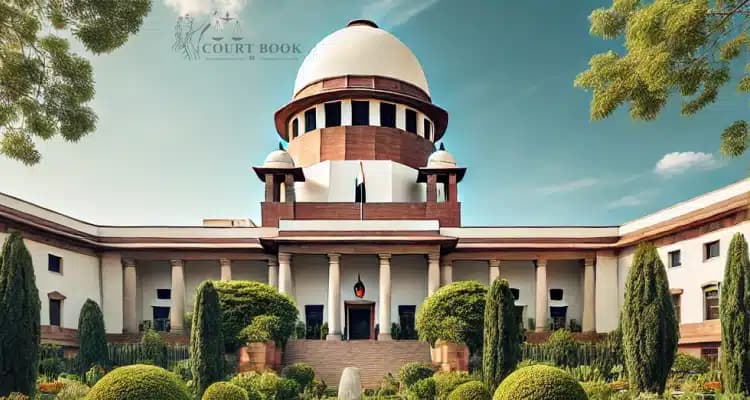The Supreme Court has ruled that a demand for dowry is not a necessary condition to establish cruelty under Section 498A of the Indian Penal Code (IPC). The Court clarified that Section 498A recognizes two separate forms of cruelty:
Physical or mental harm inflicted upon a woman.
Harassment intended to force the wife or her relatives to fulfill unlawful demands for property or valuable security.
The judgment makes it clear that even in the absence of a dowry demand, if a woman is subjected to cruelty—whether physical or mental—the provisions of Section 498A IPC would still be applicable.
The Court emphasized that cruelty under Section 498A should be interpreted broadly. The law does not exclusively apply to cases where dowry is involved but extends to all forms of physical and mental harassment that cause harm to a married woman.
“The absence of an explicit dowry demand does not negate the applicability of the provision where acts of physical violence and mental distress have been demonstrated. The core of the offence under Section 498A IPC lies in the act of cruelty and does not purely revolve around the demand for dowry.”
Read Also:- S.498A IPC | Courts Should Exercise Caution When Handling Family Disputes: Supreme Court
For reference, the law defines "cruelty" as:
Clause (a): Any willful conduct likely to drive the woman to commit suicide or cause grave injury to her mental or physical health.
Clause (b): Harassment with the intent of coercing the woman or her relatives to fulfill unlawful demands for property or valuable security.
The Supreme Court ruled that these clauses must be read separately, meaning a dowry demand is not essential to establish cruelty.
Reliance was placed on the judgment U. Suvetha v. State (2009) 6 SCC 757, where the Court explained that Section 498A applies if:
- The woman is married.
- She has been subjected to cruelty by her husband or his relatives.
Thus, either form of cruelty—mental or physical—without a dowry-related demand is enough to invoke Section 498A IPC.
Case Background
In the present case, the wife (appellant) alleged that she was physically assaulted by her husband and in-laws. Based on her complaint, criminal proceedings were initiated against the husband and his mother under Section 498A IPC. However, the accused moved to the High Court to quash the charges. The High Court ruled in their favor, stating that since there was no allegation of a dowry demand, the case under Section 498A was not applicable.
Dissatisfied with this ruling, the appellant approached the Supreme Court.
Read Also:- Groom Penalized for Dowry Demand: Supreme Court Upholds Conviction and Orders ₹3 Lakh Compensation
The Bench, comprising Justices Vikram Nath and Prasanna B. Varale, analyzed the objective behind Section 498A IPC. The Court reiterated that the law aims to protect married women from all forms of cruelty—whether related to dowry or not.
“The definition of ‘harassment’ under the Explanation to Section 498A is specifically outlined in clause (b), independent of the ‘wilful conduct’ described in clause (a), thus necessitating a separate reading of the two. The inclusion of the word ‘or’ at the end of clause (a) clearly indicates that cruelty for the purposes of Section 498A can either involve wilful conduct that causes mental or physical harm or harassment related to unlawful demands, such as dowry.”
The Court also referred to the Statement of Objects and Reasons behind the introduction of Section 498A IPC. It was noted that the provision was meant to address not just cases of dowry-related cruelty but also all forms of mistreatment faced by married women from their husbands and in-laws.
The Supreme Court criticized the High Court for failing to provide a valid reason for disregarding the wife's complaint of physical assault. The Court held that the allegations made by the appellant clearly amounted to cruelty under Section 498A IPC, and the High Court had erred in quashing the case.
In light of these findings, the Supreme Court set aside the High Court’s judgment and reinstated the criminal proceedings against the accused.
Case Name: ALURI VENKATA RAMANA v. ALURI THIRUPATHI RAO & ORS., ARISING FROM SLP(CRL.) NO(S).9243 OF 2024













